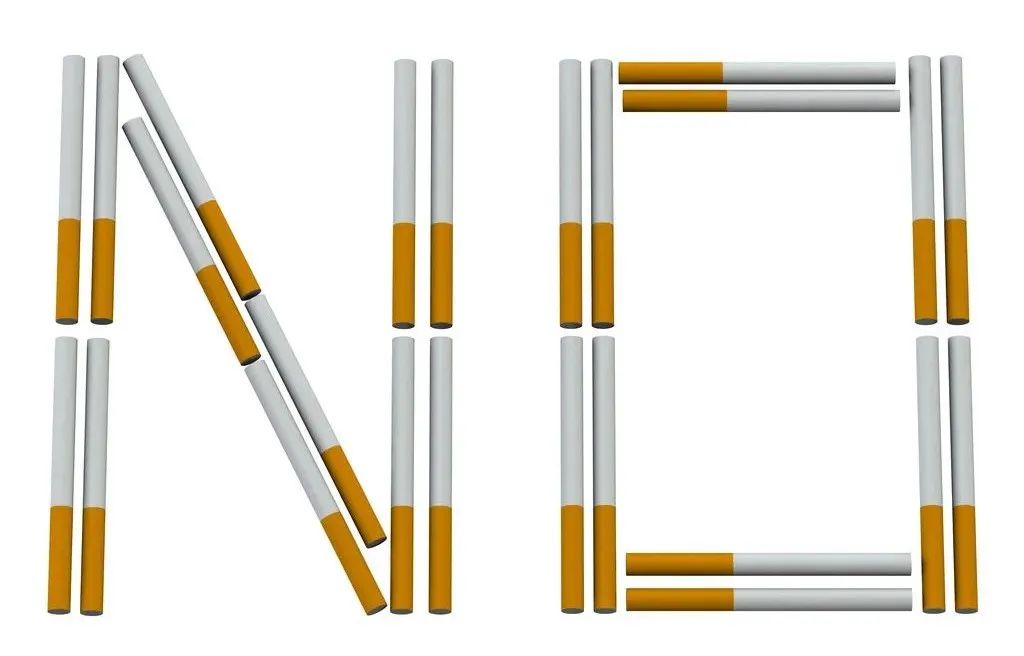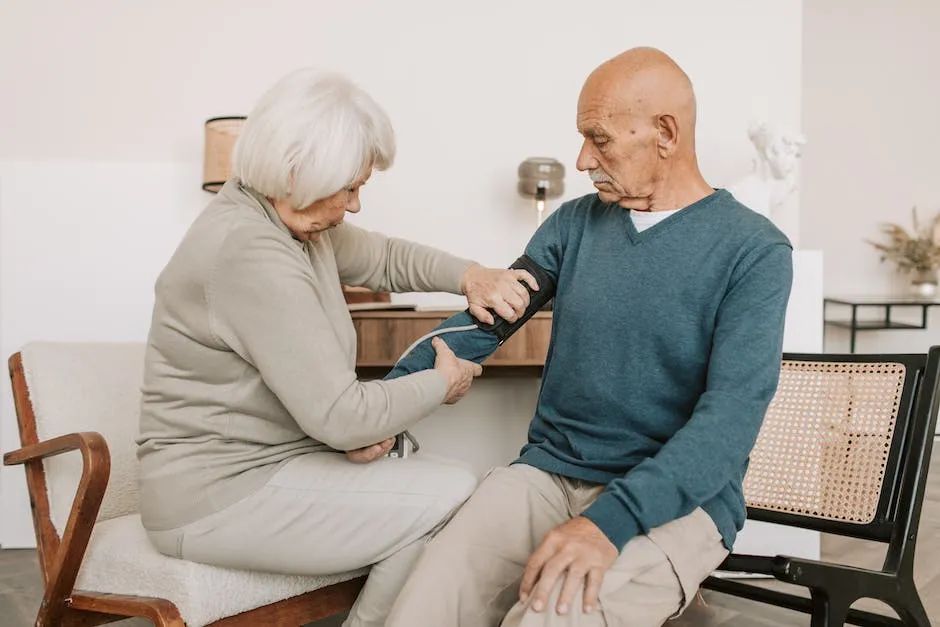These Three Simple Measures Will Significantly Reduce the Chance of a Heart Attack or Stroke
How can you avoid a heart attack or stroke?
Eighty percent of premature heart attacks and strokes are preventable. Eating a healthy diet, exercising regularly and not using tobacco products are the keys to success. These three simple measures will not only significantly reduce the chance of a heart attack or stroke, but will help prevent most type 2 diabetes and chronic respiratory diseases, as well as certain types of cancer.

Eat healthy: A balanced diet is essential for a healthy heart and vascular system. A healthy diet includes lots of fruits and vegetables, unprocessed grains, lean meat, fish and legumes, and limits on salt, sugar and fat.

Exercise regularly: At least 30 minutes a day. Regular physical activity helps maintain cardiovascular health. At least 60 minutes of exercise a day helps maintain a healthy weight.

Avoid tobacco: Whether it's paper cigarettes, cigars, pipes or chewing tobacco, it's harmful to your health. Exposure to second-hand tobacco smoke is also dangerous. The risk of heart attack and stroke begins to fall immediately after tobacco use is stopped, and can drop by up to half after a year.

Regular physical examination: Adults over 35 years of age should have a comprehensive physical examination every year.

To detect and control cardiovascular disease risk:
1. Know your blood pressure: High blood pressure usually has no symptoms, but it can lead to a sudden stroke or heart attack. Monitor your blood pressure regularly.
2. Know your blood sugar: Elevated blood sugar (diabetes) increases the risk of heart attack and stroke. If you have diabetes, keeping your blood pressure and blood sugar within normal ranges minimizes your risk.
3. Know your blood lipids: Elevated blood cholesterol and dyslipidemia can increase the risk of heart attack and stroke. Blood cholesterol needs to be controlled through a healthy diet and, if necessary, appropriate medication.
警惕突发症状,及时处理,立即就医
People with the following symptoms should be alert:
Exercise, fatigue, excitement, tension, cold or full meal, chest pain, chest tightness, palpitation, ease after rest.
Headache and toothache after exercise
When the pillow is low, the chest is tight and you need to lift the pillow, sit up or stand up to relieve it.
Sex life, forced defecation or pain to the noise when palpitation, chest tightness.
Repeated irregular pulses, unexplained tachycardia or bradycardia.



